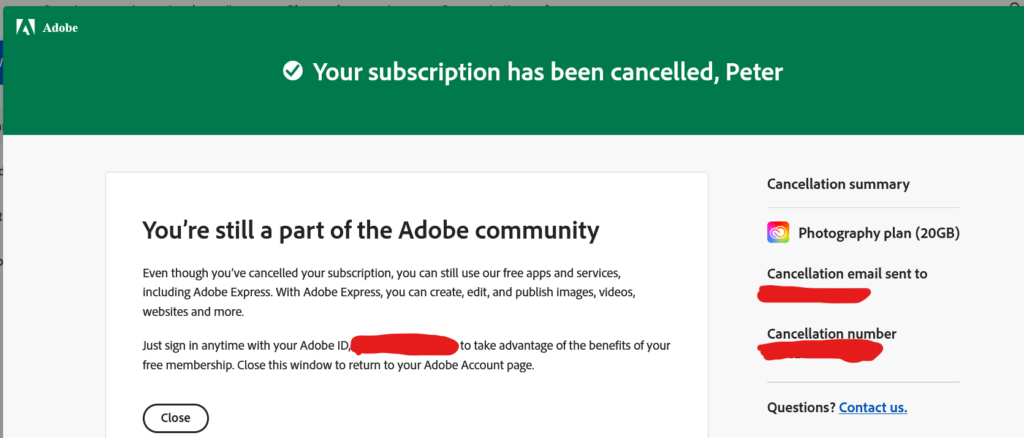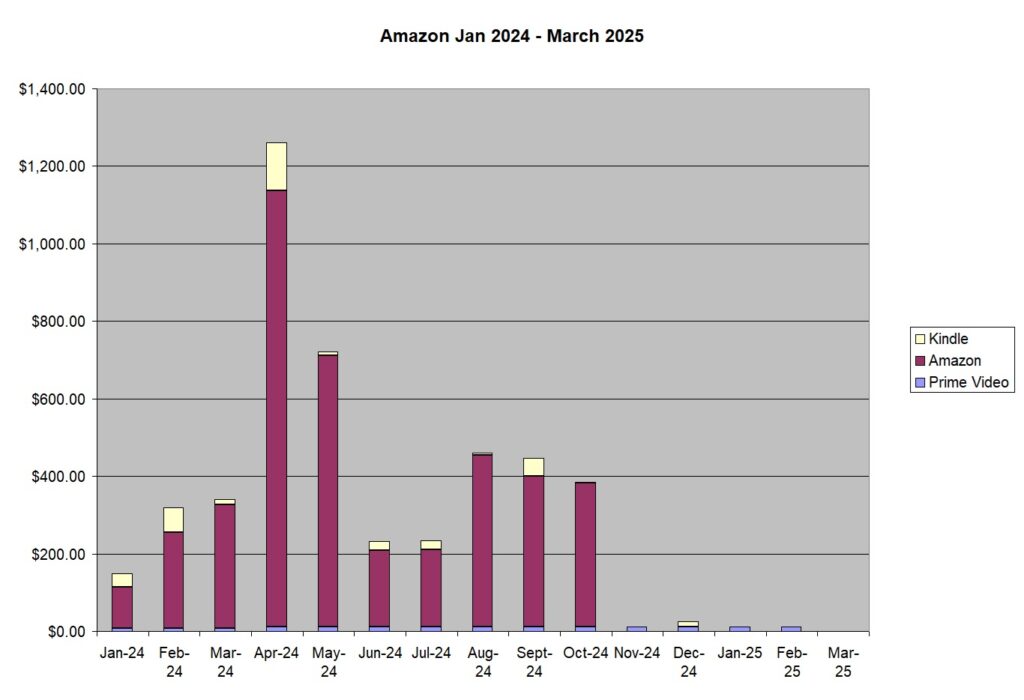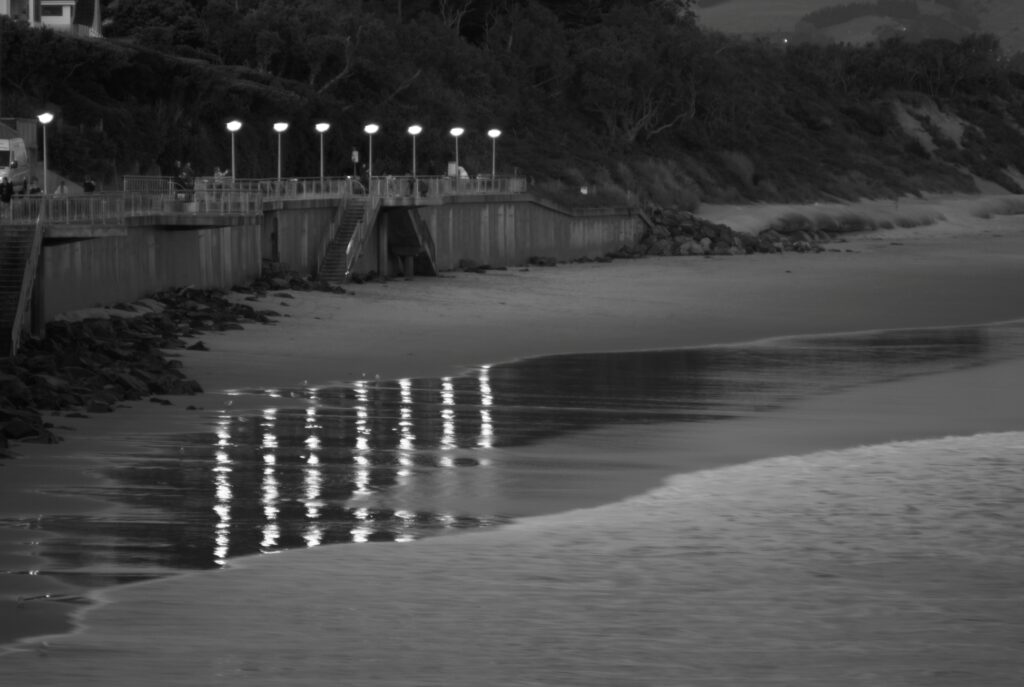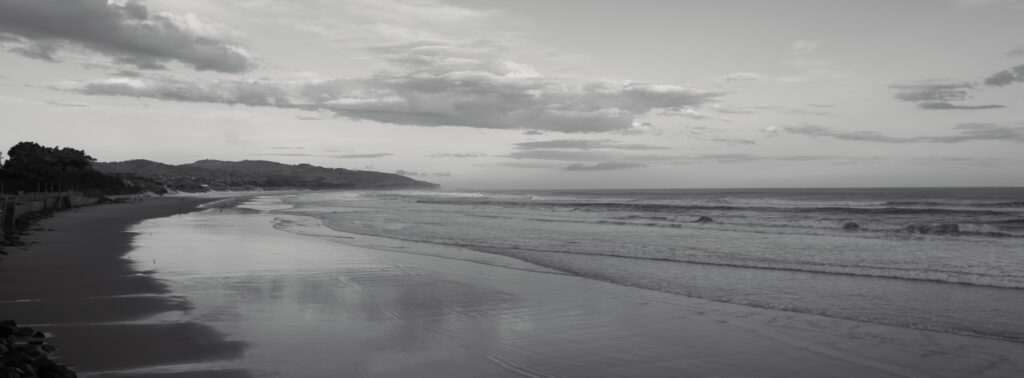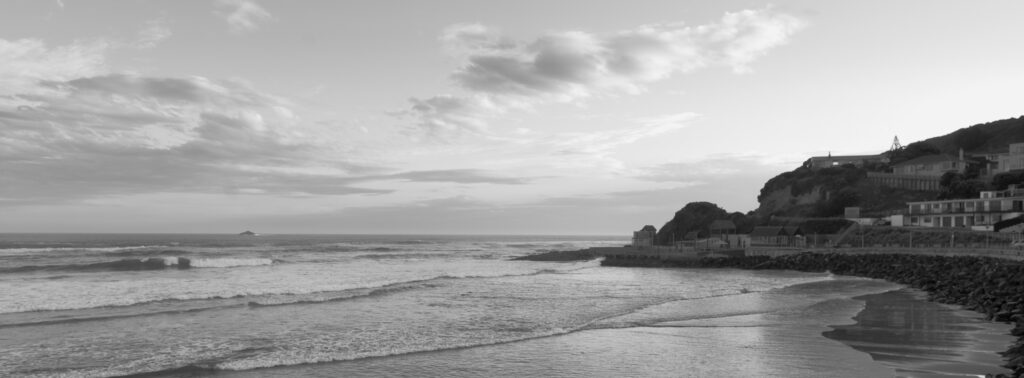I am just some goof who apart from COMP 101 at university in 1997, has no formal education in computing. I use them every day, of course, and that is nothing unique. But most of the more technical side of building up my home network has been largely self-taught through some YouTube videos and some more judicious internet searching.
Somewhere along the way I learned of Kiwix, an application that was developed to serve select downloaded web content to people on the wrong side of the digital divide. And it’s a project that has enjoyed a broadening community.
All this is a roundabout way to say this week I downloaded Wikipedia. 111 Gigs of content on to a Raspberry Pi (the second I have – the first hosts this blog), or more precisely an external 2 terabyte hard disc I have connected to it.

I get a kick out of reference tools, with an atlas, English dictionary, and special titles like Brewer’s Dictionary of Phrase and Fable sitting on my book case. I even have the final edition of Pears’ Cyclopaedia – a single volume, general purpose encyclopaedia from 2017 that had been published annually since 1898.
I often thumbed through the family’s encyclopaedia set when I was a kid, but it had grown outdated by the 90s.
I did have the 1997 edition of Encarta, and recently tried to get the CD-Rom up and running, but sadly that was a non-starter.
Encyclopaedia Britannica ceased being published in hard copy in 2012, leaving the World Book Encyclopaedia as the only general reference title in print today. But at nearly US$1400 for a current set – close to NZ$3,000 that is quite an investment and, well, the spine design for 2026 isn’t exactly something I’d want to prominently display on my shelves.
I contend that Wikipedia is one of the great wonders of the Internet. And just having my own copy, on my own computer, that’s a nice thought for this burgeoning datahoarder.
Wikipedia is facing some threats. Elon Musk is pushing his (ugh) A.I. generated Grokipedia and derides Wikipedia as “woke”. Who knows what levers he would pull to discredit it or shut it down? Presumably countless A.I. bots could be used not so much to engage in a DDoS attack, but rather a Distributed Enshittification of Service attack, filling articles with unreliable information. In August, Wikipedia enacted policies against this kind of thing. But it wouldn’t be that different to how X/Twitter has developed under Musk.
Another threat lies in efforts to ban social media to youth. Wikipedia is considered subject to the UK’s Online Safety Act and if regulators designate it a category one provider under the Act, they would be required to age-verify all its users in the country.
A bill in New Zealand has recently been drawn, considering similar things. And while I’m in my 40s and in some places (here, for instance) I am fairly open about who I am, I bristle at the idea that it would be easier to track what I say and what I do online if government ID would be required. That kind of information would be a honey-pot for data breaches and extortion. Consider, for example, members of the public service who quite rightly keep their professional lives and political opinions separate. Or the average person venting about work.
I digress. But overall, I am not too pleased about the way the internet is headed and how its role as an avenue for communication is narrowing. So downloading Wikipedia is one way I can safeguard against that. At least a little bit.
